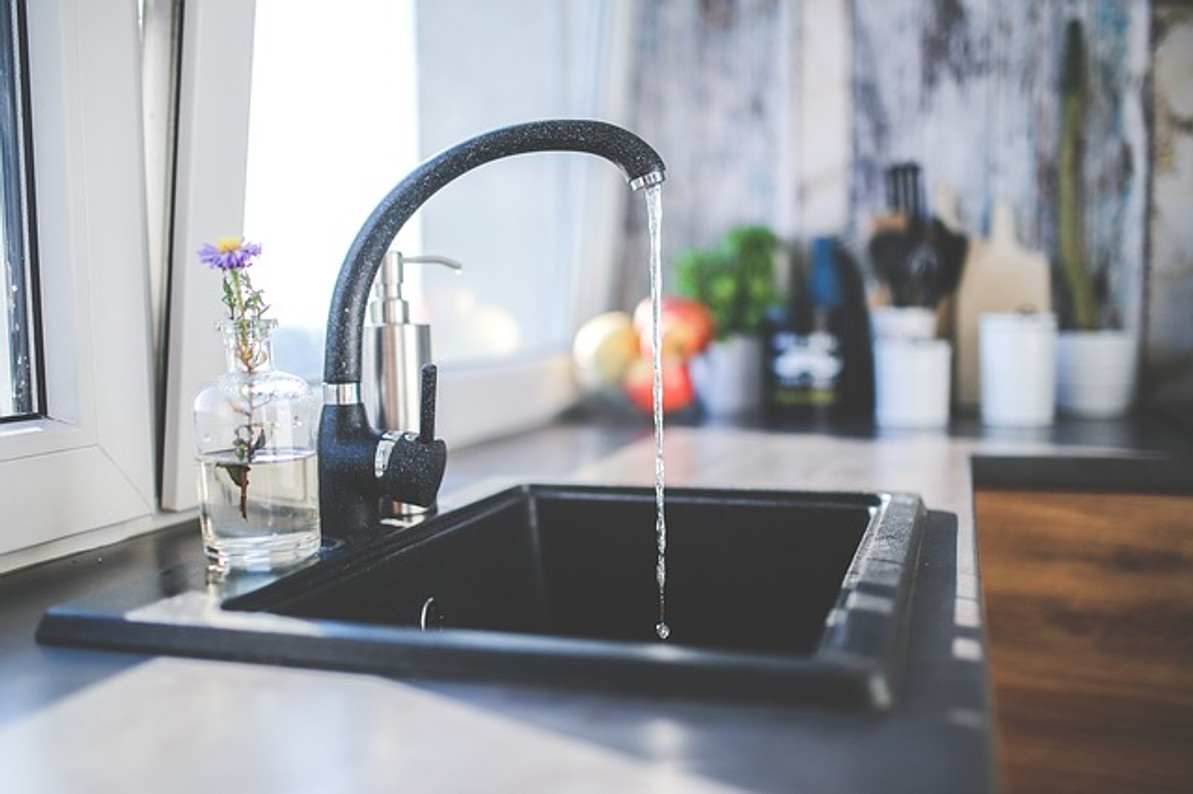Hard Water Dermatitis: An Introduction to This Common Skin Condition
Hard water dermatitis is an all-too-common skin condition from which millions of people suffer. Like all forms of dermatitis, it involves skin irritation. It can cause your skin to become dry, itchy, flaky and inflamed -- all while promoting discomfort in the process. Hard water dermatitis, however, is specifically attributed to hard water.
What is Hard Water Dermatitis?
Hard water dermatitis is a form of dermatitis that's triggered by exposure to hard water. Water typically contains minerals. Whether you're washing your hands in the skin or taking a shower, your skin will inevitably be exposed to some of these minerals. With that said, hard water is defined by a high concentration of mineral deposits, including calcium and magnesium. If the water inside your home has a high concentration of calcium and/or magnesium, it can place you at risk for hard water dermatitis.
While not everyone experiences symptoms after being exposed to hard water, many people do. These adverse symptoms are collectively known as hard water dermatitis. If you experience any of the following symptoms after using the water inside of your home -- or anywhere else where hard water is present -- you may have hard water dermatitis:
- Skin itchy
- Skin redness
- Skin flaking
- Skin rashes
Taking a Closer Look at Hard Water Dermatitis
It's important to note that hard water dermatitis typically only occurs in people who already suffer from dermatitis. If you've never experienced dermatitis before, you shouldn't have to worry about hard water dermatitis. Nonetheless, millions of people suffer from this condition. With hard water dermatitis, high concentrations of calcium and/or magnesium trigger skin irritation that manifests in the form of the aforementioned symptoms.
How to Protect Against Hard Water Dermatitis
To protect against hard water dermatitis, consider using moisturizer. Moisturizing your skin will create a protective invisible barrier over it. With this barrier in place, calcium and magnesium won't be able to reach your skin.
The most effective way to protect against hard water dermatitis is to remove the excess mineral concentrations from your home's water supply. Known as water softening, it will eliminate the risk of dermatitis and other conditions associated with hard water. You can buy water softening devices, for instance. Water softening devices will automatically remove minerals like calcium and magnesium from your home's water supply.
You should also consider drinking more water if you suffer from hard water dermatitis. Doing so will hydrate your skin so that it doesn't dry out. Dry skin is a risk factor for hard water dermatitis. By drinking more water, your skin will still stay hydraed.
Recent Posts
-
Fire Safety in the Workplace: What You Need to Know
What steps are you taking to prevent fires in your workplace? According to the U.S. Occupational Saf …Aug 23rd 2023 -
Is It Safe to Go Jogging With a Cold Infection?
If you're suffering from a cold infection, you might be wondering whether it's safe to go jogging. T …Aug 22nd 2023 -
5 Safety Tips to Follow When Using a Powder-Actuated Tool
Powder-actuated tools are commonly used to join materials to steel and concrete. Also known as Hilti …Aug 20th 2023




